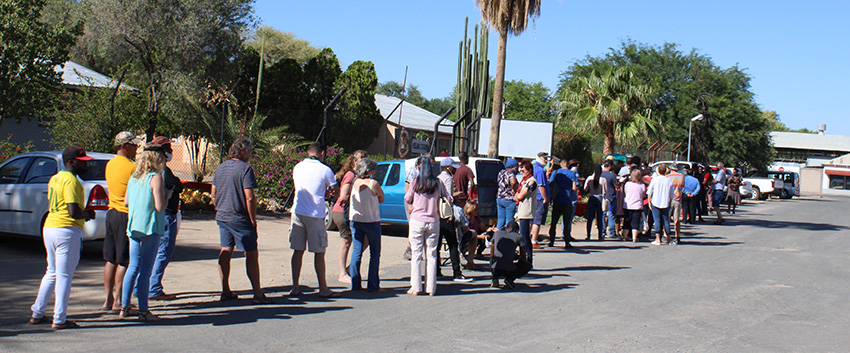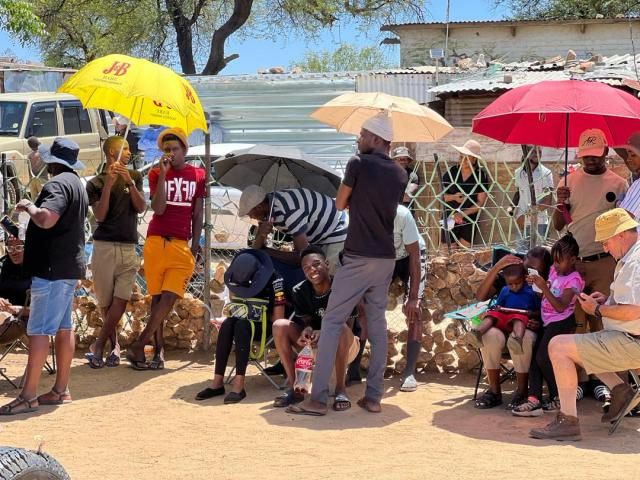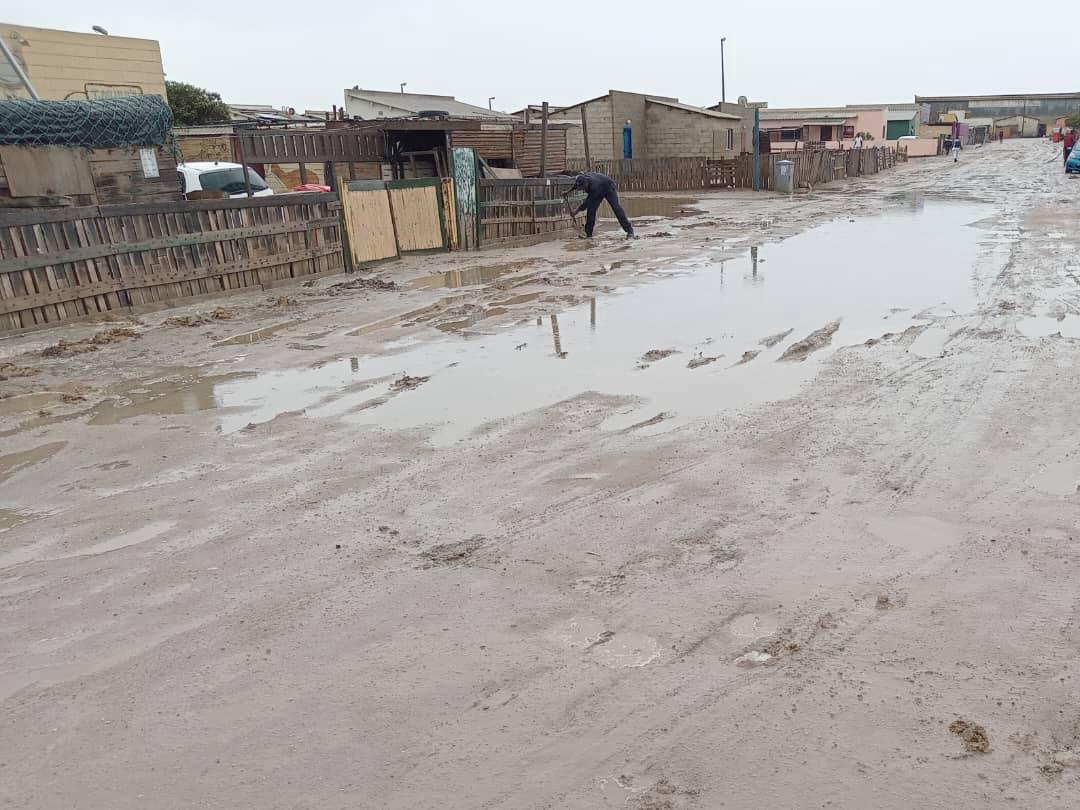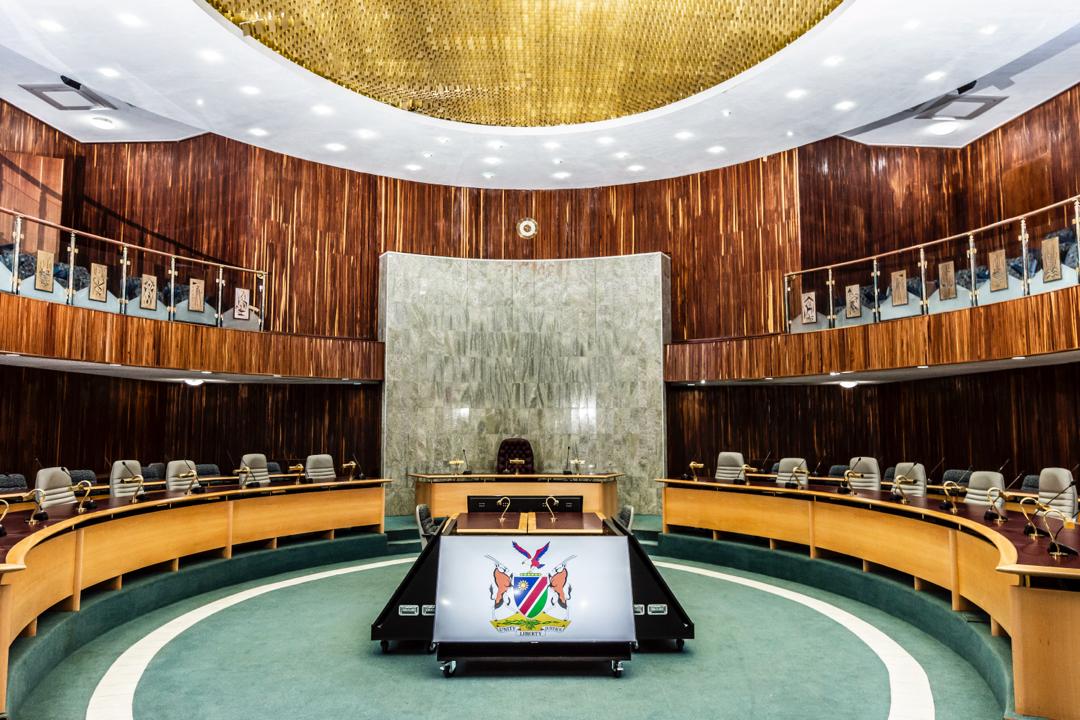THE tide of mis-/disinformation seen around the 2019 elections should be a lesson for us this time around.
It already seems like there will be a repeat, or even worse, of the flood of politics-related mis-/disinformation on the elections information landscape of 2024.
Namibia Fact Check monitored the 2019 elections for the types, actors, pathways and effects of mis-/disinformation and produced a report on this in early 2020.
What we found:
In 2019, we found that the election and politics-related mis-/disinformation could be clustered under five broad themes:
• Political factionalism
• Political polarisation
• Political disillusionment
• Political exclusion
• Socio-economic exclusion
It is already clear that these themes are applicable to the Namibian elections context of 2024 as well, as it seems the thematic issues have only become more acute over the intervening years.
Concerning specific instances of mis-/disinformation recorded in the run-up to and around the November 2019 elections, we saw examples of the following, among others:
- • Unsurprisingly, there were a lot of misleading statements and claims being made by politicians on campaign platforms;
- • There were instances of tribalist and racist statements made by some political actors;
- • There was a lot of factionalised disinformation around the Swapo Party Electoral College that year;
- • The launch of Panduleni Itula’s ‘independent’ presidential candidacy that year attracted much mis- and disinformation;
- • Conspiracy theories around the electronic voting machines (EVMs) were rife;
- • Fairly harmless and vague online threats of violence led to the mobilising of military units to be on stand-by during the voting and ballot counting period;
- • The Electoral Commission of Namibia (ECN)’s mismanagement of the results stoked election rigging accusations;
- • In the wake of the election results announcements, some political parties made very serious allegations of election rigging, without providing evidence;
- • The Fishrot revelations shortly before the elections cast a cloud over the electoral landscape;
- • Media mistakes and poor reporting throughout contributed to a climate fraught with suspicions and political tensions.

Observations and recommendations
In terms of observations drawn from what had happened back then, the following are noteworthy:
- • Most of the political mis-/disinformation collected and assessed was posted, shared or forwarded in the three to four weeks prior to the 27 November 2019 elections, and the week immediately after the elections;
- • While most mis-/disinformation content seemed to be randomly political party supporter-generated, there were suspicious signs that some mis-/disinformation emanated from deliberate and targeted homegrown campaigns;
- • On Facebook, there were a number of possibly fake profiles primarily engaged in sharing or forwarding mis-/disinformation into popular political discussion groups and commenting on posts of a political nature;
- • There appeared to be no evidence of foreign mis-/disinformation campaigns aimed at undermining the integrity of or influencing Namibian political and electoral processes or to sway the election one way or another;
- • A lot of the mis-/disinformation content had tribalist undertones, while some were explicitly tribalist in tone, and some threatened violence and others were borderline incitement to hate and violence;
- • A lot of the mis-/disinformation content took the form of manipulated or altered images, or graphics or mimicked social media breaking news posts of traditional media organisations;
- • Media mistakes and bad reporting practices appeared to contribute to suspicions of the credibility of media sources and reports, as well as the overall spread of mis-/disinformation;
- • Politicians and government officials, including the Presidency and the ECN, through their statements and the issuing of misleading information, considerably contributed to further drenching a landscape already flooded with mis-/disinformation and low on trust in available information concerning political and electoral processes.
With regard to recommendations to address some of these issues, the following, among others, were proposed in the report:
- •That the code of conduct for politicians, political parties and their supporters be updated to include a clear, comprehensive and enforceable section dealing with the production and dissemination of mis-/disinformation during election campaigns and electoral processes;
- •That electoral and government authorities sharply improve their information sharing and communication functions and adopt more transparent and proactive practices in engaging with the public and the media;
- • That media organisations, especially state-owned media, steer clear of providing partisan or biased reporting and coverage of political campaigns and electoral processes;
- • That Namibian civil society play a far more active and engaged role in encouraging more civil and good faith political discussions and debates, and in the monitoring of electoral processes and holding electoral and state authorities accountable for their communication and information sharing shortcomings.
These recommendations remain valid as of 16 May 2024, just over six months before the presidential and parliamentary elections of 27 November 2024.
Stay informed with The Namibian – your source for credible journalism. Get in-depth reporting and opinions for
only N$85 a month. Invest in journalism, invest in democracy –
Subscribe Now!










